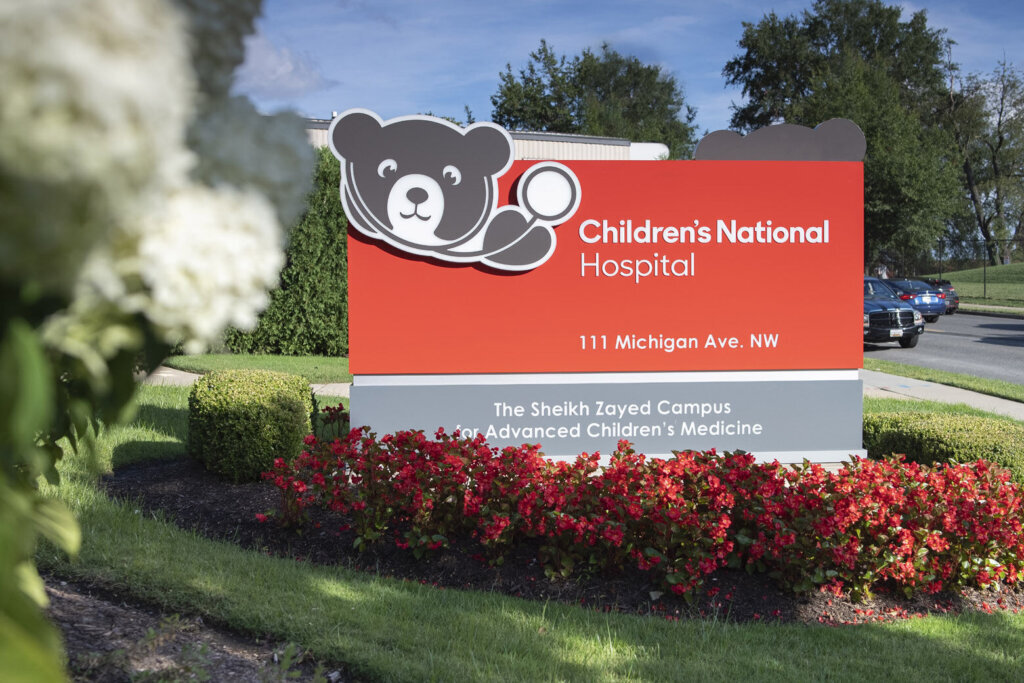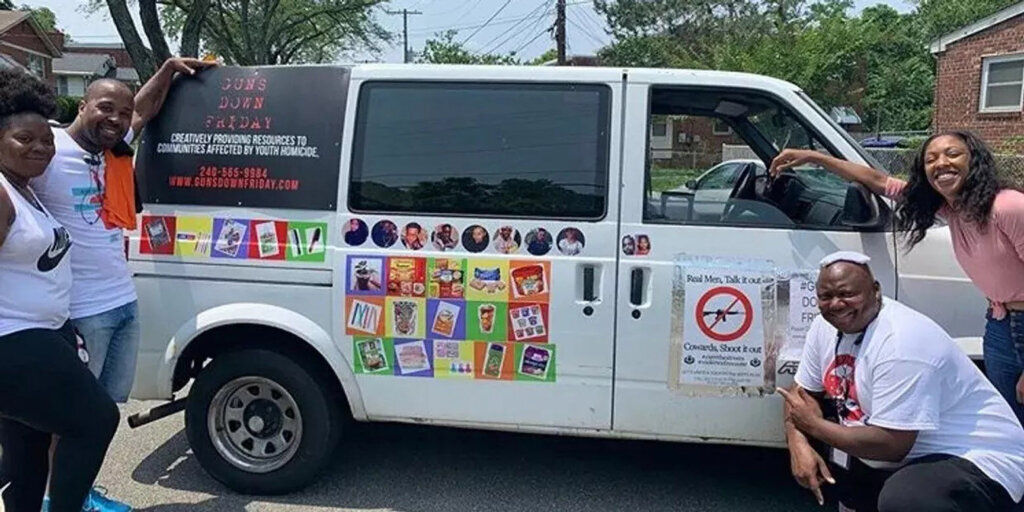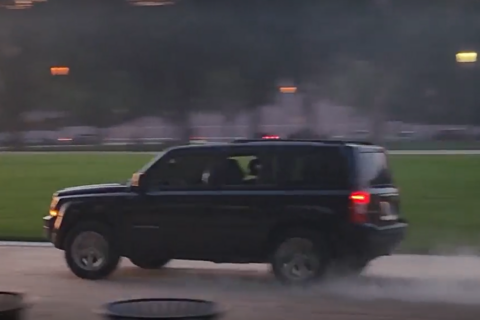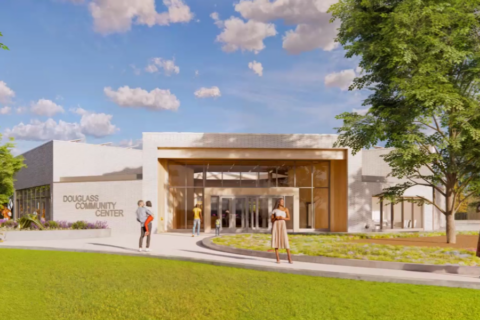Children’s National Hospital in Northwest D.C. has formed a Youth Violence Intervention Program to support the children who end up in its emergency room.
“Hospital-based violence-intervention programs have proven to be effective in preventing patients from returning to the hospital with violent injury and really being able to make an impact on their lives,” said Dr. Katie Donnelly, the program’s medical director.
“We know that kids who are injured become kids who injure and hurt people. We wanted to see if we could intervene at that moment to help,” she said.

“Our program’s goal is to be able to reach kids when they come into the hospital for a violent injury — whether it’s a gunshot wound, or a stabbing, or if it’s just a general physical assault — and be able to reach them in that moment to see if we can assist in breaking that cycle of violence.”
Donnelly said around one in 10 victims of gun violence in D.C. is younger than 18.
D.C.’s Office of Victim Services and Justice Grants funds the program, run, in part, by social worker Yvonne Doerre and violence intervention specialist Jawanna Hardy.

Hardy has done similar work in the community as the founder of Guns Down Friday, a group that supports families in D.C. and Prince George’s County, Maryland, that have lost children to homicide, suicide or mental Illness.
One challenge the program faces, Hardy said, is that injured children tend to be suspicious of hospitals.
“But when they see someone like me, or someone from their community in the hospital, it just brings so much trust. It brings love. It brings compassion,” Hardy said.
Hardy added that it’s important to let those children know that help is available: “Whatever you’re going through, we’re here to support, we’re here to love. We’re not here to judge, and we want you to get well.”
“Just having someone there to say: ‘No. Slow down. You want to get well. There’s no point of rushing.’ Just to have that person that you can really trust. And it’s just a beautiful thing. Myself and Yvonne, we’ve cried walking out of rooms, just knowing the difference we’ve made in these children’s lives.”
Hardy said she’s also attended funerals of youngsters who were victims of violence in their community.
Looking forward, Donnelly said she envisions the program playing a role informing families about resources for their children, such as substance abuse programs and “credible messenger” support through D.C.’s Office of Neighborhood Safety and Engagement.
Donnelly credited the efforts of the program’s social worker, Yvonne Doerrre, for her work with victim families. She believes that work may eventually expand into education-related issues.
“A lot of kids are getting, especially during the school year, assaulted at school … walking to school, playing basketball or riding their bike after school,” Donnelly said. “So how do we get these kids back into school in a safe and just way? It’s something we’re really working on, and we want to partner with families to get them back into school.”
The District’s funding for the program has to be renewed on a yearly basis.
In considering the success of similar programs at emergency departments at Washington Hospital Center, George Washington University Hospital and Howard University Hospital, Donnelly is hopeful for the program’s future.








